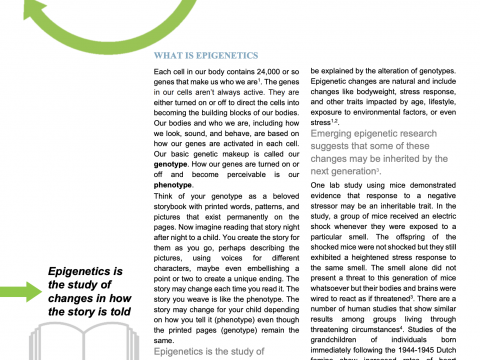- Call us today to schedule an appointment!
- 515.986.7255
Five Science-Backed Relaxation Techniques To Try If You Hate Meditation

7 Ways To Regulate Screen Time This Summer
January 29, 2019Raise your hand if you are feeling overwhelmed by stress right now. Now, raise your hand if you want to make that stress go away without jumping on the meditation bandwagon. I mean, sure, practicing meditation is a great way to calm your mind. In fact, multiple studies have shown that meditation also helps improve sleep, promotes focus, sharpens memory and beefs up your immune system. However, despite a deluge of studies demonstrating the benefits of this age-old practice, meditation isn’t everyone’s cup of tea.
Here are five alternative scientifically-proven methods you can try to calm your mind:
- Coloring: Picking up crayons is as beneficial for adults as it is for preschoolers. Studies suggest that coloring has numerous mental health benefits, from relieving stress and promoting concentration to reducing anxiety. Just like meditation, coloring helps you relax and tune out negative thoughts by focusing on the activity at hand. The repetitive motion of coloring relaxes the amygdala (the almond-shaped fear center of the brain) and engages parts of the cerebral cortex that stimulate creativity and logic.
- Knitting: There’s a reason why celebrities like Cara Delevingne, Julia Roberts and Ryan Gosling are all fans of this craft! Apart from being an easy and fun hobby, knitting is also an effective technique to manage daily stress and anxiety. The rhythmic, repetitive motion of knitting triggers the parasympathetic nervous system which helps you relax. In 2013, a worldwide survey of over 3,500 knitters revealed that the more frequently the respondents knit, the happier and calmer they felt. According to multiple studies, knitting is also beneficial for those suffering from depression, PTSD, eating disorders and chronic pain.
- Walking: Walking, like other physical activities, boosts the production of endorphins, which elevates mood and stimulates relaxation. It also enhances cognitive skills by increasing the blood flow to the brain. Research suggests that walking in a natural environment, like a park, is more effective in reducing stress and anxiety than walking on the sidewalks. Other than relieving stress, brisk walking regularly for 30 minutes can strengthen your bones, improve pulmonary health, curb diabetes and trim your waistline.
- Expressive Writing: Documenting your thoughts and feelings in a journal or a diary helps fight stress by providing an outlet to express your feelings without applying a filter. It is also a great tool for self-development and self-analysis. In addition, research shows that expressive writing can also reduce symptoms of depression, PTSD and substance abuse disorders.
- Reading: Even six minutes of reading can be enough to reduce your stress levels by more than a half! Reading books helps you relax by stimulating imagination which acts as a healthy escape from reality. What’s more, reading also helps you sleep better and lowers the risk of Alzheimer’s. According to research, people who engage their brains through activities like reading and solving puzzles could be 2.5 times less likely to develop Alzheimer’s as compared to those who spend their spare time on less mentally-challenging activities.
Scientific evidence aside, the best way to figure out if a technique works for you is to actually try it out. Whether you like the idea of knitting away your worries or pouring out your heart on paper, just give it a shot and see if you like it.
Source: Forbes



